Agricultural land
Home » Agricultural land
The cradle of food production
Modern farming methods have increased crop yields but also degraded soil quality and its ability to store carbon. Less invasive farming techniques not only promise to reverse this trend, but in fact play a key role in increasing soil organic carbon stores.Main threats
Monoculture
The cultivation of a single crop over large areas can lead to soil depletion and an increased risk of pests and diseases.
Chemicals
The excessive use of pesticides and fertilizers can lead to soil contamination and damage to beneficial microorganisms in the soil.
Irrigation
Over-irrigation or improper irrigation can lead to salinization of the soil, making it difficult to grow crops.
Soil compaction
Heavy machinery and equipment can compact the soil, making it difficult for roots to penetrate and for water and air to circulate.
Overgrazing
Allowing too many livestock to graze on a small area can lead to soil erosion and damage to vegetation, making it difficult for the land to recover.
Farming techniques
The overuse of certain tilling techniques can cause nutritious topsoil to be removed, affecting soil fertility in the long run.
Ignoring soil health
Not testing soil and not adjusting farming practices to match the soil's needs can lead to the depletion of soil fertility over time.
Key solutions
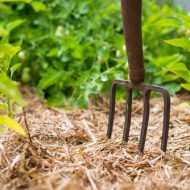
Conservation tillage
Using farming methods that minimise soil disturbance, such as no-till or reduced tillage. This helps to preserve soil structure and reduce erosion.
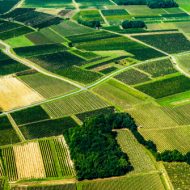
Crop rotation
Rotating different types of crops on a field can help to improve soil health by adding diversity to the soil’s microorganisms, which can improve nutrient cycling and reduce pests and diseases.
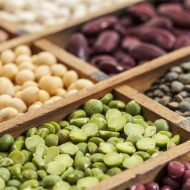
Cover crops
Planting cover crops, such as legumes, between cash crops can help to add organic matter to the soil, reduce erosion, and add nutrients.
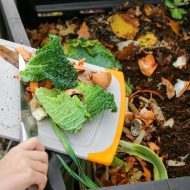
Composting
Composting organic material, such as crop residues and animal manure, can help to add organic matter and nutrients to the soil.
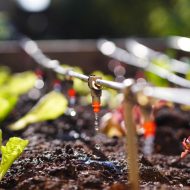
Irrigation management
Using irrigation methods that are appropriate for the soil type and crop can help to conserve water and reduce erosion.
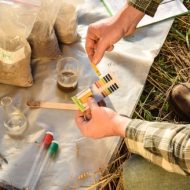
Soil testing
Regularly testing soil to determine nutrient levels and pH can help to ensure that crops are receiving the proper nutrition and can help to prevent over-fertilization.
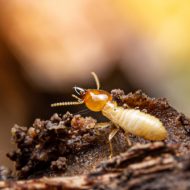
Pest management
Using a combination of techniques to control pests and diseases, such as using natural predators and resistant crop varieties.